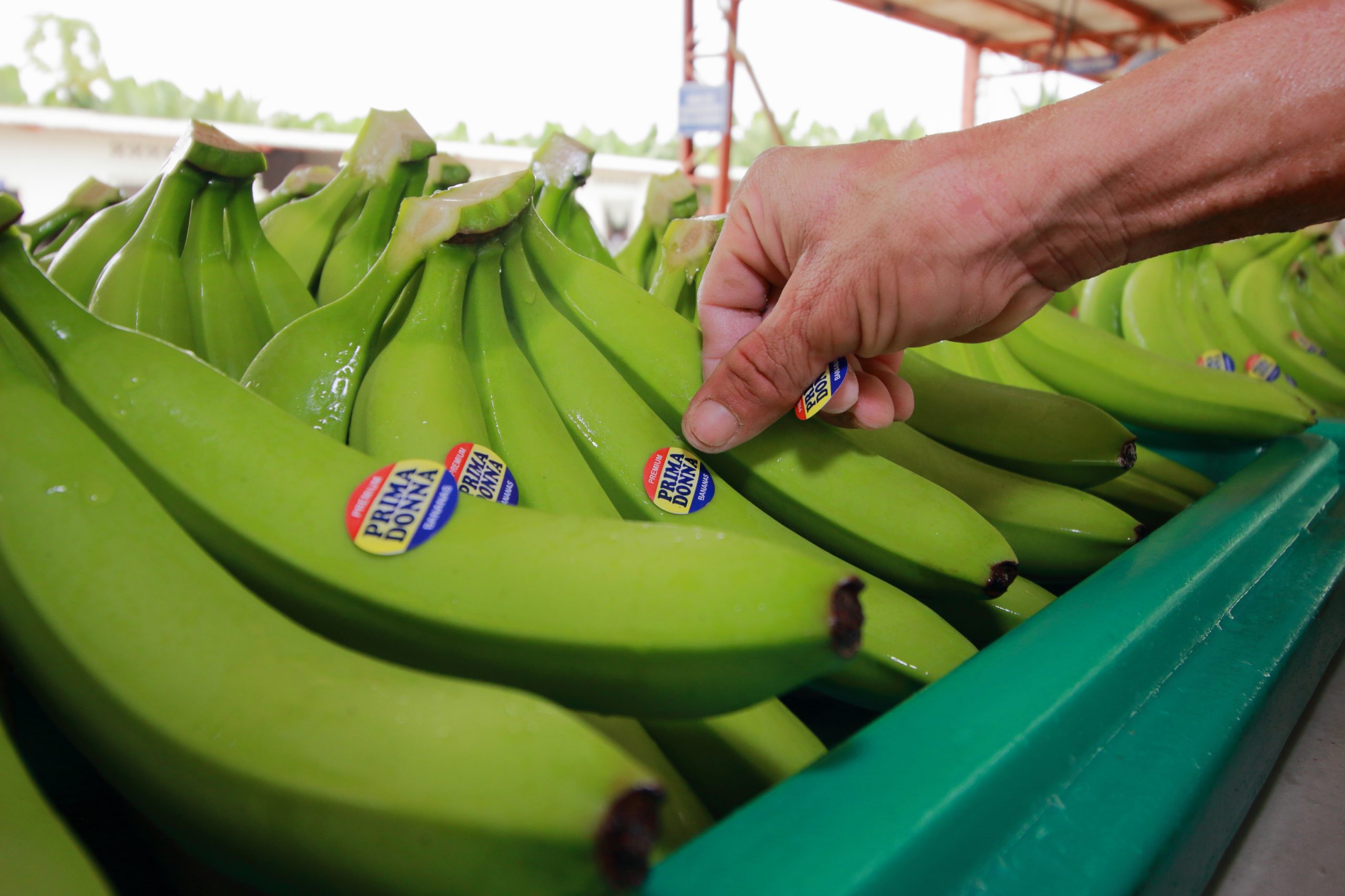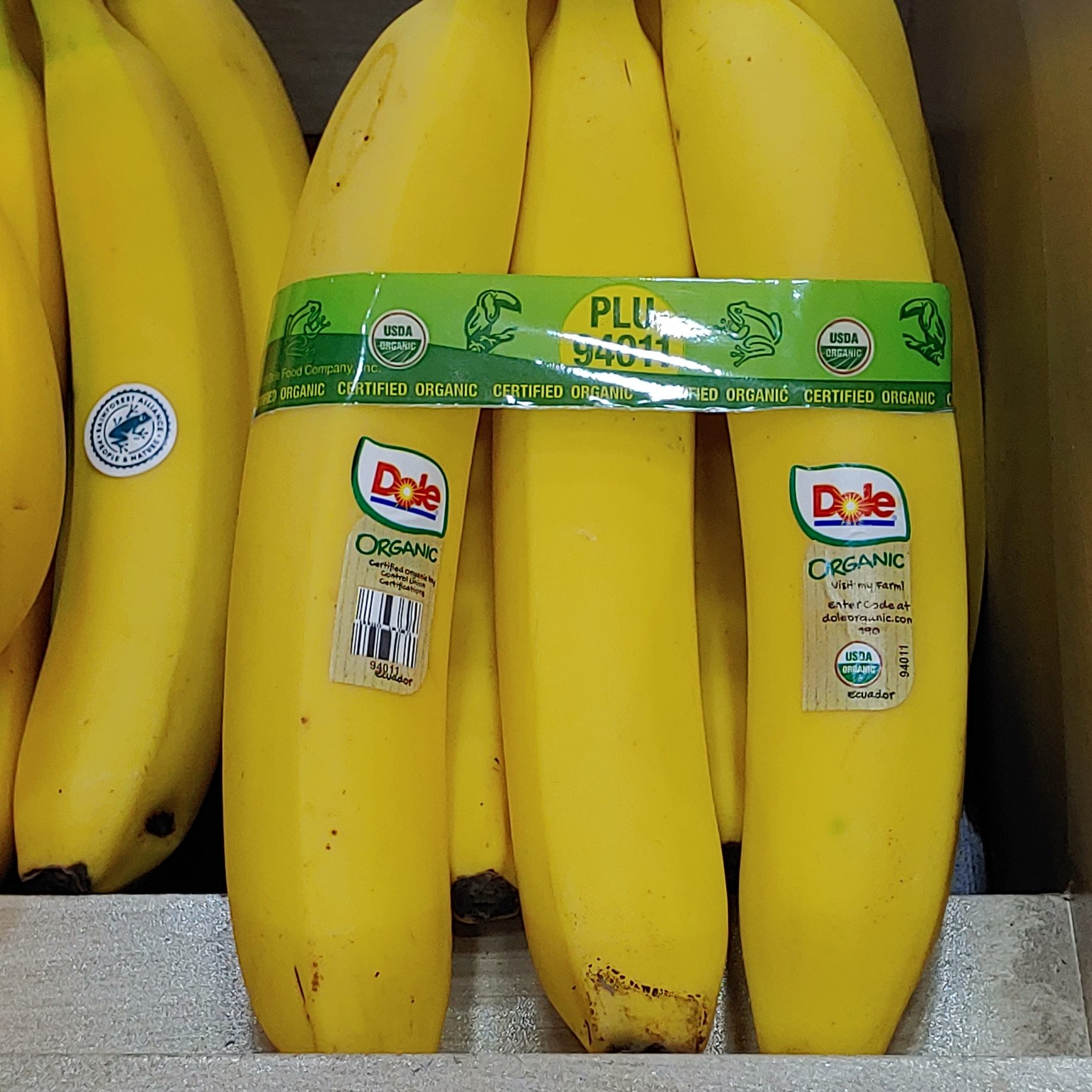Ecuador offers more organic bananas and responsible sourcing in the supply chain
Banex’s export estimate for 2022 is about 16 million boxes, against 14 million last year. “We keep increasing our volumes despite the 15% drop in production over the past months due to the previously low prices and inflated costs,” said Robert Khaybullin, head of Banex Ecuador. The group’s exports remain focused on ex-Soviet countries Kazakstan, Tajikistan, Russia, Ukraine and Uzbekistan, as well as Eastern European countries. Supermarket chains are the main customer profile. “Our company is aligned with local and international standards like GLOBALG.A.P., and we also see slower but continuous growth for organics,” said Khaybullin. “Despite the low prices of the first three quarters of 2022, we have maintained our high standards and are planning new investments for 2023.”
Dale Foundation, celebrating 20 years
The Dale Foundation, which exports bananas from Ecuador, is celebrating 20 years of operations during which it has invested over US$40 million in health, education, community development and the environment. Dale is financed by Dole and its producers. Founded 72 years ago, Dole’s exports total between 800 and 1,200 containers of bananas per week for an annual total of 48 million 18.5 kg boxes. Its own production involves about 1,800 ha, while its total exports are equivalent to about 14,000 ha of cultivated bananas. “We have increased our exports by 8% since October due to the hurricane and the El Niño phenomenon that have affected the producing countries of Central America,” said Iván Wong, general director of Dole Ecuador. Exports had dropped by about 8% between March and June due to the Black Sea blockade and the indirect effects of El Niño.
Reybanpac: a commercial, social and environmental company
With about 7,000 ha of cultivated bananas and 27 million boxes exported annually, Reybanpac is not only Ecuador’s top banana producer and second biggest banana exporter but also a benchmark in sustainability and efficiency. Europe is today the main destination market, mainly through retail chains, which require a range of social and environmental certifications. “We were the first in Latin America to adopt the precursor protocol of Rainforest Alliance,” said CEO Vicente Wong. “We manage a protected primary forest of 110 ha and have organic corridors equivalent to about 1,000 ha.” Since August 2021, all bananas produced on the firm’s 45 farms have been certified by SGS according to ISO 14067 as carbon-neutral products (from the field to the port). In addition, Reybanpac has an external audit that guarantees dignified wages that are 38% per month above the fair wage established for Ecuador.






